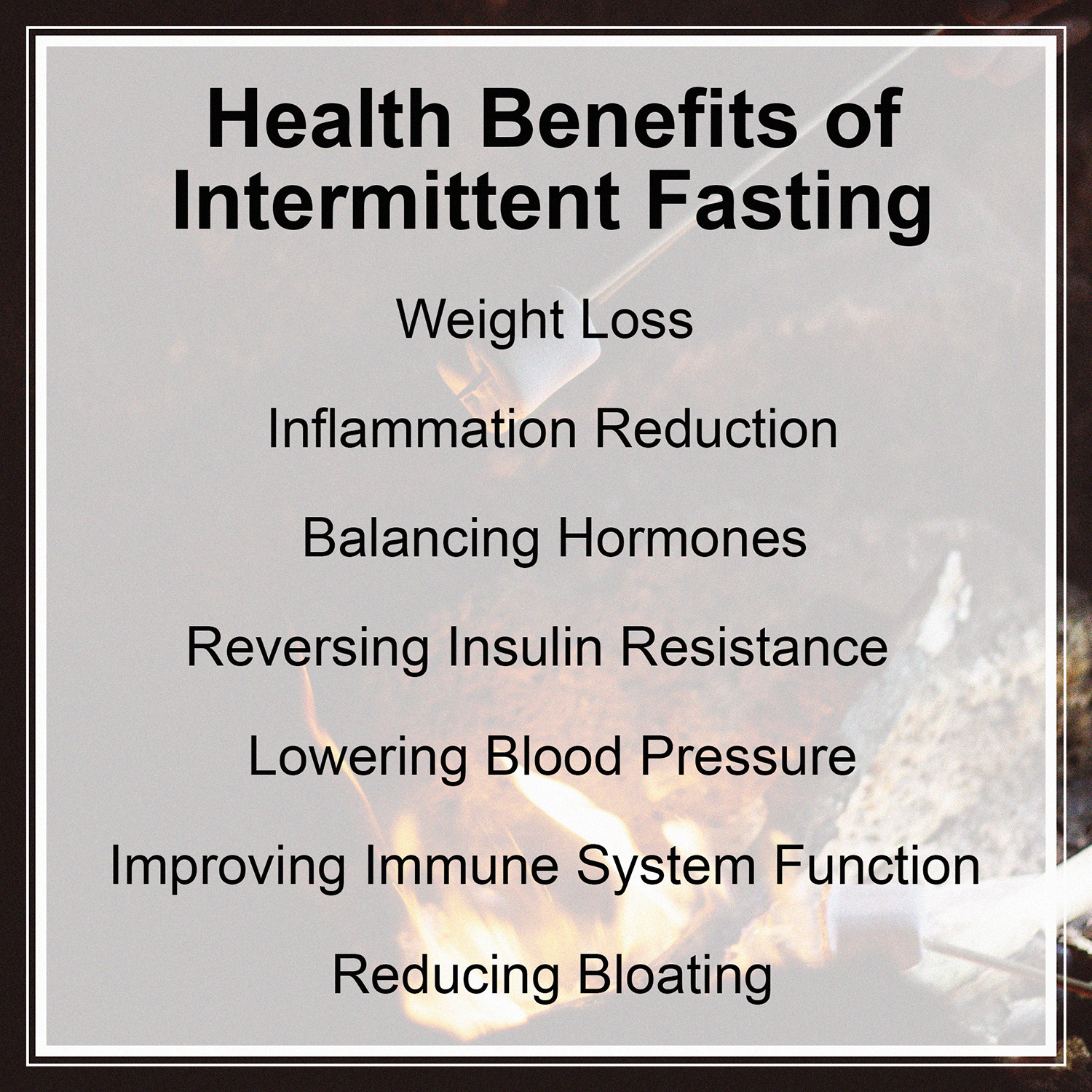Intermittent fasting on night shift isn’t always easy. But that doesn’t mean it’s impossible. With a little knowledge and planning, it’s totally possible to incorporate intermittent fasting into your life – even if you work nights.
In this article, we’re going to chat about how to do intermittent fasting on night shift, and share some benefits of intermittent fasting for night shift workers. Hopefully, by the end, you’ll feel empowered and able to incorporate intermittent fasting into your life.
What is Intermittent Fasting?
Before we get down to the nitty-gritty details of intermittent fasting on night shift, let’s take a brief look at intermittent fasting in general.
Intermittent fasting is a structured eating pattern where you alternate between periods of eating and periods of not eating. It’s not a diet; it’s just a different approach to eating.
You see, you don’t limit your calorie intake at any time. Instead, intermittent fasting just regulates when you eat.
For example, you might do an 18:6 fasting schedule, where you fast for 16 hours and eat for six hours every 24 hours. Or you might do a 5/2 fasting schedule, where you eat five days a week and fast for two.
Intermittent fasting offers numerous health benefits, including:
- Weight Loss
- Inflammation Reduction
- Balancing Hormones
- Reversing Insulin Resistance
- Lowering Blood Pressure
- Improving Immune System Function
- Reducing Bloating
- And More
Throughout history, people have fasted for various reasons, including medical, religious, and even political reasons. It’s an age-old tradition that modern-day science has made more accessible and effective.
However, despite its improved flexibility, intermittent fasting can still be a challenge for many night shift workers.

The Challenges of Intermittent Fasting for Night Shift Workers
Many popular fasting schedules recommend making a good portion of your fasting window overnight. For example, in a 16:8 fasting schedule, people generally eat between 12 p.m. and 8 p.m. and fast from 8 p.m. to 12 p.m.
This schedule is super convenient because it doesn’t require much change to a person’s schedule. As long as they stop eating a couple of hours before bed and skip breakfast, they’ll spend a lot of their fasting window sleeping.
However, if night shift workers adopted the same schedule, they’d be sleeping during most of their eating window and wide awake through most of the fast. The same is true for alternate-day fasting and the 5/2 method.
It may be relatively easy for someone working normal day shifts to fast every other day or a couple of days a week. But working overnight disrupts your circadian rhythm, which impacts your alertness and energy levels.
While fasting can improve energy and mood in the long run, studies show it can cause fatigue and increased work errors in the short term. For night shift workers who are already struggling with fatigue, this can be a deal breaker.
Thankfully, there are a few ways to make intermittent fasting work for you.
The Benefits of Intermittent Fasting for Night Shift Nurses, Doctors, and Other Nighttime Workers
As a night shift worker, it’s easy to develop poor eating habits. And unlike complicated diets, intermittent fasting is an easy way to improve your eating habits.
Additionally, studies show that night shift workers often suffer from inflammation and are more susceptible to developing cardiovascular diseases than day shift workers.
Intermittent fasting can help reset your circadian rhythm, reduce inflammation, and decrease your chances of developing heart disease down the road. While these benefits are excellent for everyone, they’re especially beneficial to you.
How to Do Intermittent Fasting on Night Shift
So, how can you do intermittent fasting on night shift? One of the biggest advantages of intermittent fasting is that it’s extremely flexible. Here are a few ways to make it work for you while working overnight.
1. Change Your Feeding Windows
Just because most people do the 16:8 method fast between 8 p.m. and 12 p.m. doesn’t mean you have to do the same thing. That method can be especially difficult because of your specific schedule. So, try fasting during your work hours. Then, try fasting while you sleep. See which works best for you, and adjust your schedule accordingly.
For example, when you work the evening shift between 3 PM to 11 PM, you can fast from 1 AM to 5 PM. Or when you work the graveyard shift from 11 PM to 7 AM, you can fast from 9 AM to 1 AM. Essentially, you’re just shifting the typical 16:8 method around to work best with your schedule.
2. Consider the Eat-Stop-Eat Method
The eat-stop-eat intermittent fasting method requires you to fast for a full 24-hour period once or twice a week. As a night shift worker, you could choose to do your 24-hour fast on a day off to avoid having to fast while you’re at work!
If you’re social on your days off, fasting 24-hours can become a little tricky. So, if you still want to fast on a day when you’re meeting up with friends, you can meet for an activity like a nature walk or visit a museum instead of meeting at a coffee shop.
3. Work With an Intermittent Fasting Coach to Create a Customized Plan
The standard intermittent fasting plans were created for daytime workers. As a night shift worker, you need an IF plan that works around your unique needs and schedule. Consider intermittent fasting coaching to get the support you need to develop a plan that works for you.
Need Help Intermittent Fasting on Night Shift?
Ultimately, intermittent fasting has many benefits, especially for night shift workers. And while you may not be able to use the standard intermittent fasting schedules, you can still make intermittent fasting work for you.
If you’d like some help creating a custom intermittent fasting plan – reach out today. As an experienced intermittent fasting coach, I can assist you in creating a schedule that helps you reach your goals.



